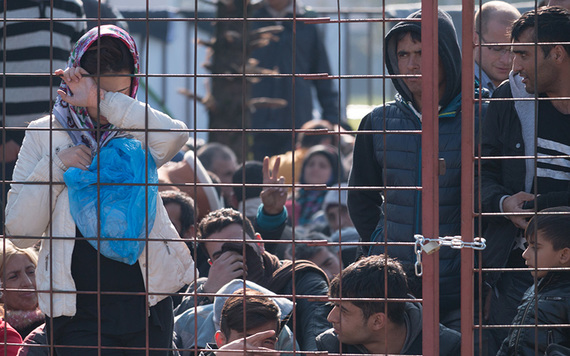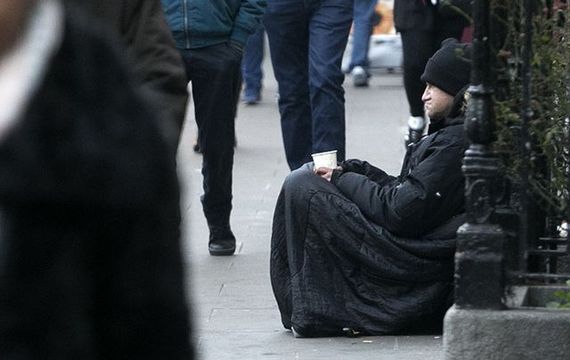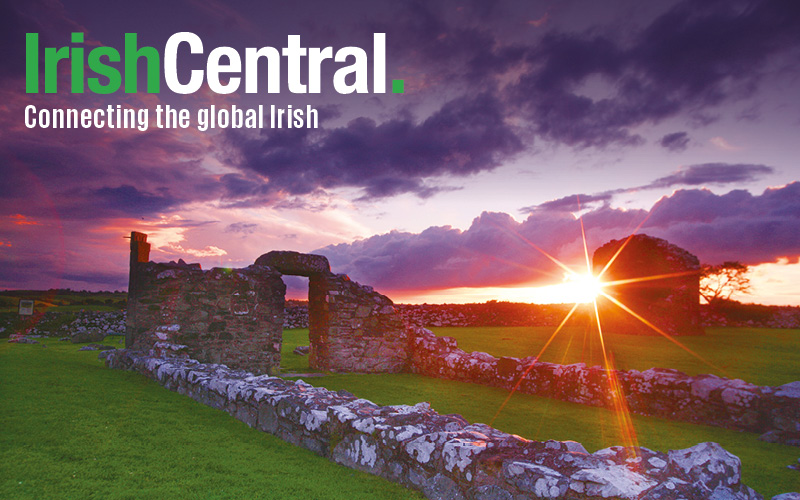Give credit where it's due, our senior Irish diplomatic core and our Taoiseach Leo Varadkar and Tánaiste Simon Coveney (and their government predecessors) have played a proverbial blinder in Europe with the protracted Brexit negotiations.
But before we get too carried away, we'd do well to remember that we're facing some of the same thorny social questions that gave a fateful opening to the far right demagogues, fantasists and racists who set the stage for the ongoing and lamentable civil war between British Europhiles and Euroskeptics.
If we're smart (and our Brexit negotiations confirm we are) we must shake off any complacency now and admit that similar threats are looming over Ireland.
We'd be wise to confront these threats now before they expand and possibly overwhelm us the way they have in Britain and the United States.
There is a raft of social issues ahead of us and three, in particular, should be keeping us awake at night now.
First, immigration is giving a fig leaf to the most reactionary forces in Ireland and Europe to propose draconian legislation that will, at first, narrowly target immigrants but will end up diminishing the rights of all the unfavorables on their long shopping list.
Read more: There is now an official Irexit party - will it matter for Irish politics?

Watch out for faceless Twitter and Facebook “Community” Groups that hastily assemble “concerned” citizens to target immigrant housing plans and harass any and all newcomers.
That kind of digital lynch mob initiative builds a platform on social media for demagogues to exploit. Soon they'll be calling for us to “build a wall” or “secure our borders” as if we were under relentless alien attack (newsflash: we're not).
Second, we have to understand that Irish society is dangerously economically divided now. According to Deutsche Bank, the richest 20% in Ireland own 73% of the nation's wealth. Read that again. It's the most urgent possible warning that we will shortly have to confront the social and political fallout that accompanies that kind of howling economic disparity.
Read more: Is Ireland’s economy crashing again?

Not only are the Irish rich far richer than most suspected, but the bottom 20%, and that's 1.5 million of us, own just a pathetic 0.2% of Ireland's wealth. That means that almost a century after independence, for over a million Irish citizens it looks like the country just changed landlords, or as Yeats put it, “The beggars have changed places but the lash goes on.”
It is sheer insanity to think this level of economic inequality is sustainable in a functioning democracy. The danger is that some opportunistic demagogue and populist will rise to exploit these stark divisions and resentments and cynically enrich themselves.
As America and as Brexit in the UK demonstrate to the world every day, that kind of danger is much closer than we might think.
Thirdly, we must resolve that every Irish citizen has the birthright to a home. That's not socialism, it's long-term planning for the nations future prosperity. Around 18,000 homes were projected to be built in Ireland this year but most estimates of long-term demand are actually six times that. About a quarter of a million Irish people are now on a backlog for a new home.

A homeless man in Dublin. Image: RollingNews.ie.
In fact, just in the Greater Dublin area, it is believed that more than 30,000 properties are empty, many of which are owned by the local council. That's not a symbol of a city that is rising to its challenges, it's a symbol of a city that is failing its own.
What this means is a generation of 30-somethings still living with their parents, with no relief in sight as Ireland is currently offering the highest mortgage rates in the eurozone.
It has to be within the remit of this government to boost the local authorities in the task of creating wide scale and affordable housing nationwide. And it will have to be within their political will to do so too because there is no point in waiting for the landlords and the private sector to pick up the slack (they have already demonstrated that they will not).
What we need urgently now is a renewed social housing sector that provides affordable tenancies, allowing communities and families to put down foundations and flourish.
It's undeniable now that the local authority sector needs to be fully restored to its leading role in building homes for low- to middle-income households. If the government is to get ahead of the populist wave that is brewing, the one that has already moored so many of the countries that had once seemed impervious to it, it will need to act with great urgency now.
Do you agree? Let us know your thoughts in the comments section, below.




Comments